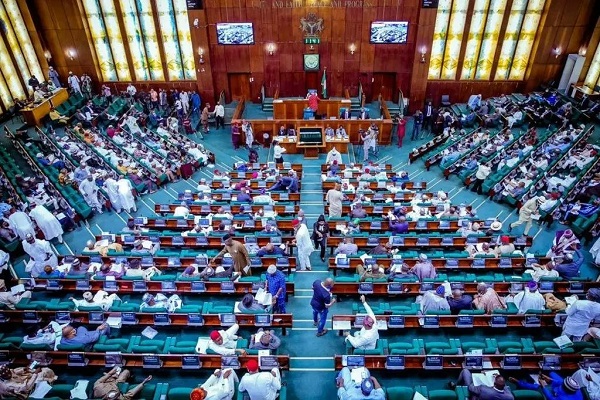- As North Korea fires missile over Japan in ‘unprecedented threat’
Israel’s prime minister has said Iran is building sites in Syria and Lebanon to produce precision-guided missiles.
Benjamin Netanyahu accused Iran of turning Syria into a “base of military entrenchment as part of its declared goal to eradicate Israel”.
Iran’s forces are supporting President Bashar al-Assad in Syria’s war and it backs Lebanon’s Hezbollah movement.
Mr Netanyahu’s comments came as he held talks with UN Secretary General António Guterres in Jerusalem.
Mr Guterres is on his first visit to the region since taking office in January.
Mr Netanyahu gave no details about the sites Iran was allegedly building to manufacture missiles, but he warned “this is something Israel cannot accept”.
Two weeks ago, the Israeli satellite imagery company ImageSat International published photographs it said appeared to confirm a report by a Syrian pro-opposition newspaper that a missile factory was under construction in north-western Syria under Iranian oversight.
ImageSat International said the facility in Wadi Jahannam, near the Mediterranean coastal town of Baniyas, bore a close resemblance to a missile factory near Tehran.
There was no comment from Iran, which calls for the Jewish state’s eradication.
Mr Netanyahu also pressed Mr Guterres on the UN peacekeeping force in Lebanon, Unifil, which Israel alleges has failed to prevent Hezbollah building up its supply of weapons since they fought a war in 2006.
Mr Guterres promised to “do everything in my capacity” to ensure Unifil fulfilled its obligations.
“I understand the security concerns of Israel and I repeat that the idea or the intention or the will to destroy the state of Israel is something totally unacceptable from my perspective,” he added.
Unifil’s mandate is up for renewal at the end of the month.
Earlier on Monday, Israeli President Reuven Rivlin urged Mr Guterres to work to end what he called “the discrimination against Israel in some branches” of the UN.
Mr Guterres said the UN would “always be very frank in the dialogue with the State of Israel”, but also “very committed to make sure that anti-Semitism doesn’t prevail and that equality in the treatment of all states is fully respected”.
Mr Guterres will meet Palestinian Authority Prime Minister Rami Hamdallah in the West Bank on Tuesday, and will travel to the Gaza Strip on Wednesday.
In the meantime, North Korea has fired a missile over northern Japan in a move Japanese Prime Minister Shinzo Abe called an “unprecedented” threat to his country.
The missile, launched early on Tuesday Korean time, flew over Hokkaido island before crashing into the sea.
The UN Security Council is expected to hold an emergency meeting in response.
North Korea has conducted a flurry of missile tests recently, but this is the first time it has fired what is thought to be a ballistic weapon over Japan.
On the two previous occasions its rockets crossed Japan – in 1998 and 2009 – North Korea said they were for satellite launch vehicles, not weapons.
The BBC’s Rupert Wingfield-Hayes in Tokyo says this latest launch appears to be the first of a missile powerful enough to potentially carry a nuclear warhead.
The South Korean military said the missile was fired eastward just before 06:00 local time (21:00 GMT) from near the North’s capital, Pyongyang – which is rare.
Early analysis of the launch suggests the missile:
- flew a distance of more than 2,700km (1,678 miles)
- was likely a Hwasong-12, a newly developed intermediate range weapon
- reached a maximum altitude of about 550km (342 miles), lower than most previous North Korean tests
- fell into the North Pacific Ocean 1,180km off the Japanese coast after breaking into three pieces.
No effort was made by the Japanese to shoot down the missile but it issued a safety warning telling citizens in Hokkaido to take shelter in “a sturdy building or basement”.
US and Japanese forces are currently taking part in training drills in Hokkaido.
BBC



















